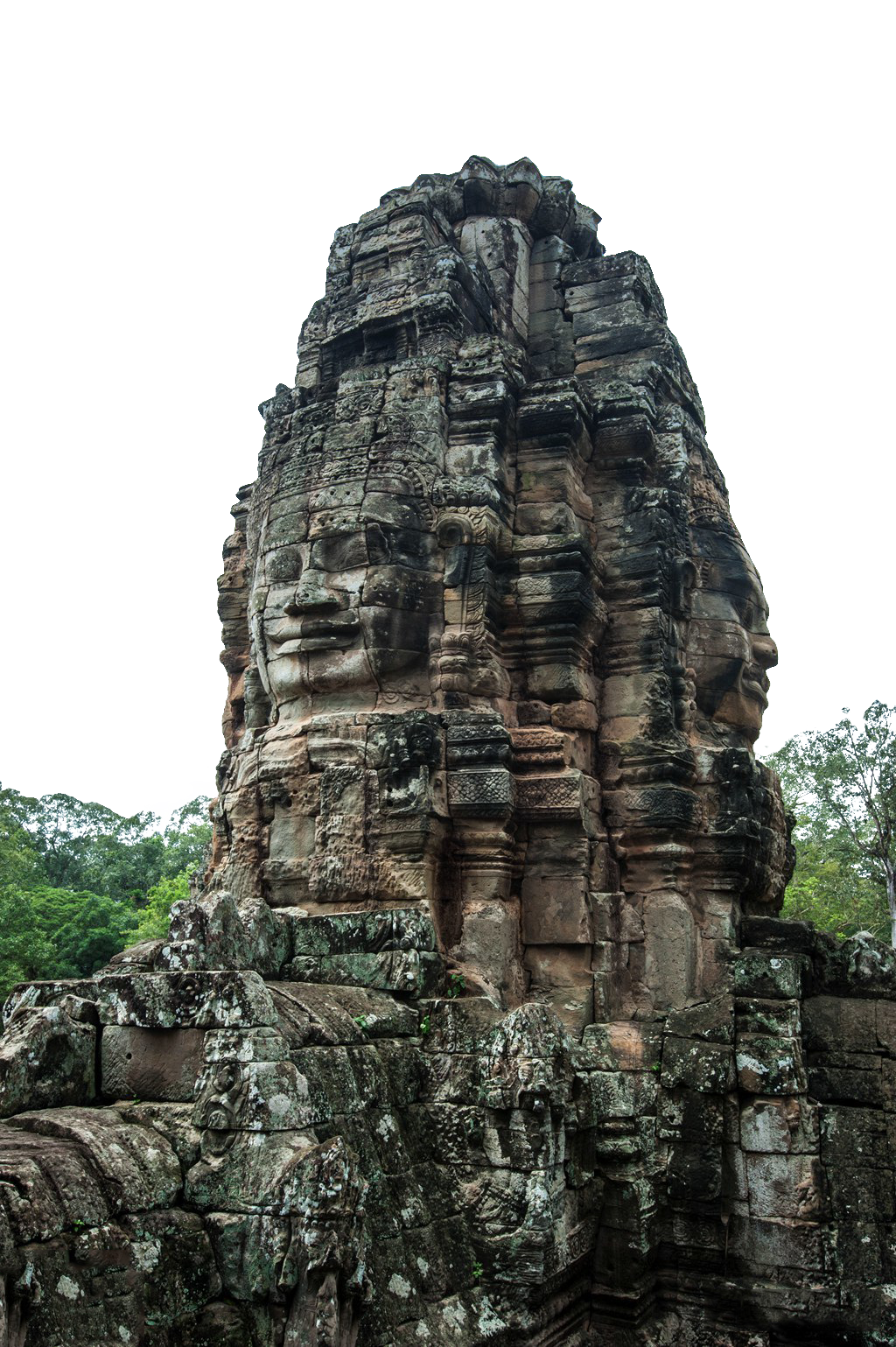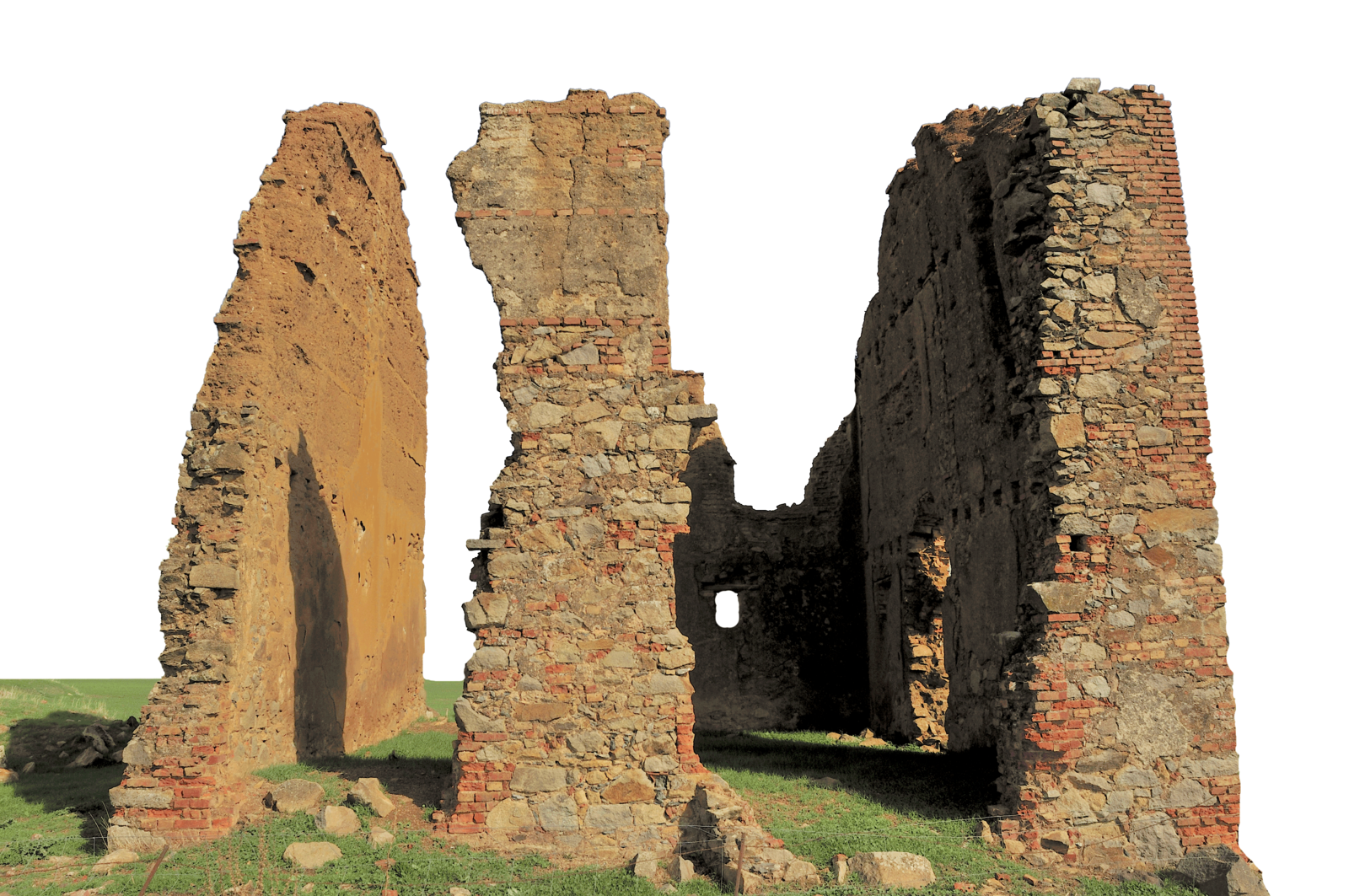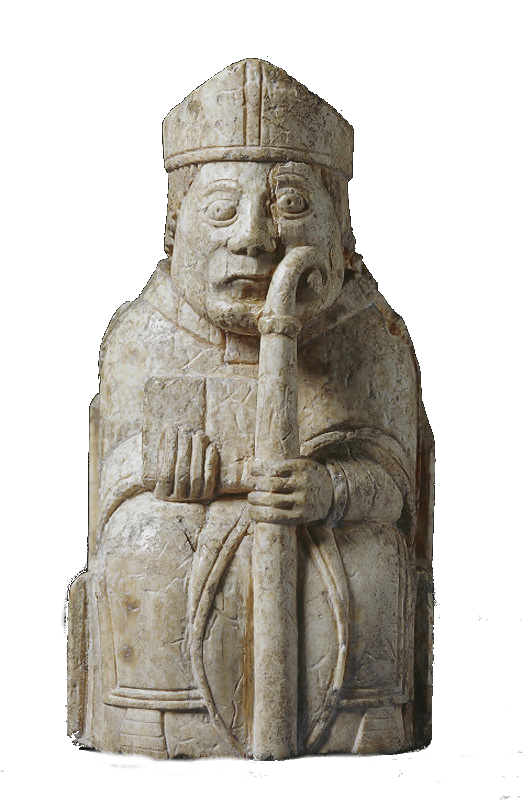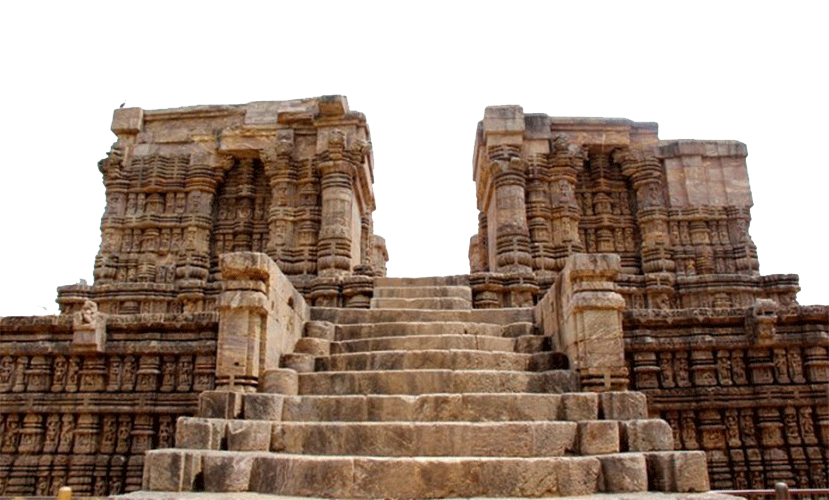1.3 km
Archaeology
Welcome to c/Archaeology @ Mander.xyz!
Shovelbums welcome. 🗿

Notice Board
This is a work in progress, please don't mind the mess.
- 2023-06-15: We are collecting resources for the sidebar!
- 2023-06-13: We are looking for mods. Send a dm to @[email protected] if interested!
About
Archaeology or archeology[a] is the study of human activity through the recovery and analysis of material culture. The archaeological record consists of artifacts, architecture, biofacts or ecofacts, sites, and cultural landscapes.
Archaeology has various goals, which range from understanding culture history to reconstructing past lifeways to documenting and explaining changes in human societies through time.
The discipline involves surveying, excavation, and eventually analysis of data collected, to learn more about the past. In broad scope, archaeology relies on cross-disciplinary research. Read more...
Rules
- Don't throw mud. Be kind and remember the human.
- Keep it rooted (on topic).
- No spam.
- No pseudoscience/pseudoarchaeology.

Links
Archaeology 101:
Get Involved:
University and Field Work:
- Archaeological Fieldwork Opportunities Bulletin
- University Archaeology (UK)
- Black Trowel Collective Microgrants for Students
Jobs and Career:
Professional Organisations:
- Chartered Institute for Archaeologists (UK)
- BAJR (UK)
- Association for Environmental Archaeology
- Archaeology Scotland
- Historic England
FOSS Tools:
- Diamond Open Access in Archaeology
- Tools for Quantitative Archaeology – in R
- Open Archaeo: A list of open source archaeological tools and software.
- The Open Digital Archaeology Textbook
Datasets:
Fun:
Other Resources:

Similar Communities
Sister Communities
Science and Research
Biology and Life Sciences
Plants & Gardening
Physical Sciences
Humanities and Social Sciences
Memes
Find us on Reddit

0.811 miles
0.705 miles (nautical).
6.5 furlongs
69 boat lengths.
153.5 kilobarleycorns
Will you guys stop messing around and just give the length in football pitches or double decker buses?
0.637 miles (Irish).
~700 Miles (British)
500 miles (Proclaimers)
O'Brien, Miles (Colm Meaney)
For more than two decades, criminal lawyer-turned-archaeologist Kathleen Martinez was on a quest to find Cleopatra’s tomb. The quest took her to a temple known as Taposiris Magna, located 25 miles west of Alexandria, Egypt. Her initial excavations revealed mummies with golden tongues, a cemetery of Greco-Roman style mummies, a mysterious bust, 22 coins that were believed to belong to Cleopatra’s visage, two Ptolemaic-era alabaster statues, and ceramic pots, and vessels. But in November 2022, Martinez and her team stumbled upon a colossal rock-cut tunnel beneath the temple, that they dubbed as a “geometric miracle,” reported Artnet.
Since the time Martinez came to Egypt to search for Cleopatra’s tomb, she believed that it was hidden somewhere on the outskirts of Alexandria. Once in Cairo, she contacted archaeologist Zahi Hawass, then the country’s minister of Egypt’s antiquities affairs. She rolled out her project details and requested support. Her project was approved.
Cleopatra was the last ruler of Ptolemaic Egypt from 51 to 30 BC. According to Artnet, Cleopatra died by suicide after her husband, the Roman general Mark Antony died in her arms. The two were buried together. Through her excavation project, Martinez aspired to discover both tombs. While the tomb itself was not discovered, the discovery of the tunnel was significant as it could give some clues to the tomb. Representative Image Source: The Death of Cleopatra, 1785. Private Collection. (Photo by Fine Art Images/Heritage Images/Getty Images) Representative Image Source: The Death of Cleopatra, 1785. Private Collection. (Photo by Fine Art Images/Heritage Images/Getty Images)
Among other artifacts, “The most interesting discovery is the complex of tunnels leading to the Mediterranean Sea and sunken structures,” Martinez told CNN. The Egyptian Ministry of Tourism and Antiquities also announced the find in a Facebook post. As per the translated post by Artnet, the ministry described the find as a 4,281-foot tunnel, located 43 feet underground. According to The Smithsonian, a part of the tunnel is submerged underwater, probably due to several earthquakes that impacted the region between 320 AD and 1303 AD. Archaeologists believe that these massive seismic tremors caused the temple to collapse.
The tunnel is quite alike the Eupalinos Tunnel in Greece, which is considered as one of the most important engineering achievements of antiquity, Martinez told Live Science. The Tunnel of Eupalinos, located on the Greek island of Samos in the Aegean Sea, was an aqueduct that carried water for more than 1,000 years.
As for Cleopatra and Antony’s tombs, Martinez kept working to locate them. "If we discover the tomb of Cleopatra and Mark Antony, it will be the most important discovery of the 21st century. If we did not discover the tomb of Cleopatra and Mark Antony, we made major discoveries here, inside the temple and outside the temple,” Hawass said in 2009 to Heritage Key in a YouTube video.
In March 2024, Martinez shared an important update stating that the clue to Cleopatra’s mummy might be hidden in the Mediterranean waters of the submerged Alexandria, per Discover Magazine. “If there’s one percent of a chance that the last queen of Egypt could be buried there, it is my duty to search for her,” she told the Heritage Key blog in 2009.
Non app-walled version please
What's a foot
An appendage.
0.3048 meters